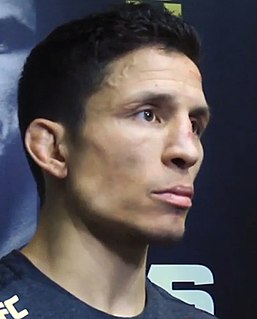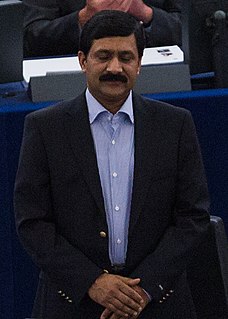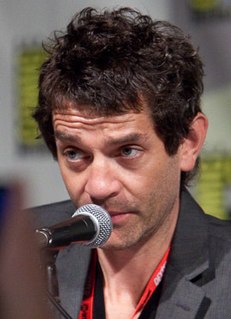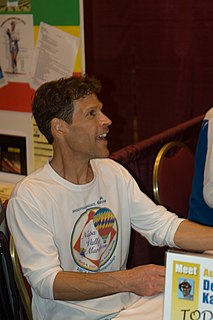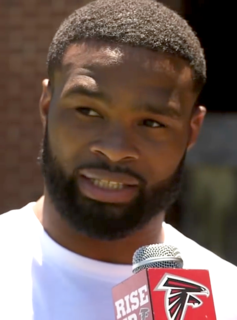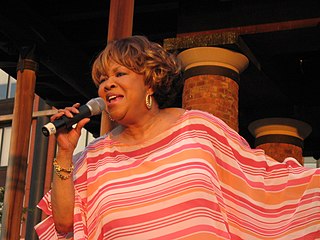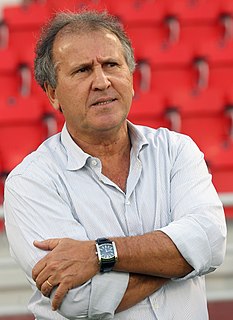A Quote by Joseph Benavidez
People would ask me about my legacy, and I would tell them my legacy is what I did. You can't change it. It's just what you do or what you did.
Related Quotes
The funny thing is, when I ask people with dark skin if they would change their color, they tell me no, and when I ask women if they would rather be men, they tell me no, and I get the same response when I ask people with unusual anatomies if they would take a magic pill to erase their unusual features.
I’ve always been able to tell a lot about people by whether they ask me about my scar. Most people never ask, but if it comes up naturally somehow and I offer up the story, they are quite interested. Some people are just dumb: 'Did a cat scratch you?' God bless. Those sweet dumdums I never mind. Sometimes it is a fun sociology litmus test, like when my friend Ricky asked me, 'Did they ever catch the black guy that did that to you?' Hmmm. It was not a black guy, Ricky, and I never said it was.
